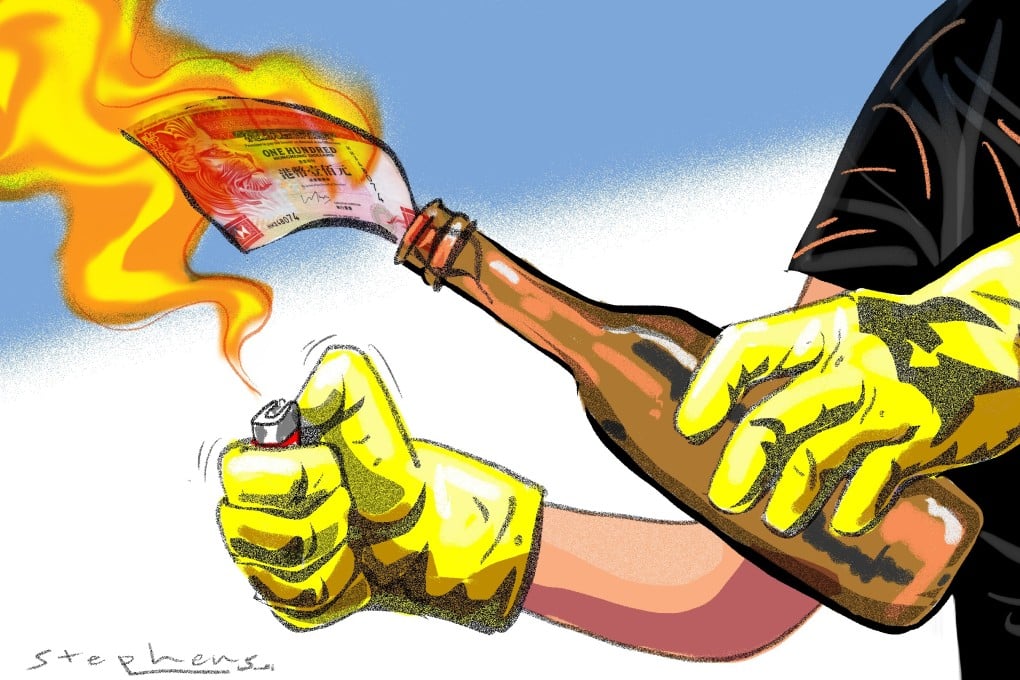Advertisement
Opinion | To restore peace to Hong Kong, big business, developers, homeowners and the taxman must all accept the pain of drastic economic reform
- High land prices, the currency peg and low taxes are flaws in Hong Kong’s deeply unfair economic system, which needs to be overhauled
- Big businesses and existing homeowners are among those who must make painful sacrifices if the city’s problems are to be solved
Reading Time:4 minutes
Why you can trust SCMP

Hong Kong must reform its economic policy to restore social calm. While political issues are important and should be addressed, economics is critical to any lasting peace. The essence of Hong Kong’s current economic policy, which is billed as a laissez-faire nirvana, is a regressive tax in the form of high land prices. It strangles the middle class.
Advertisement
When economic growth is fast, it obscures the negative impact of the policy. But prolonged slow growth exposes the corrosive effect the policy has on wealth equality and labour income. As young people’s aspirations are extinguished, a social explosion is inevitable.
Chief Executive Carrie Lam Cheng Yuet-ngor’s policy address, while delivered under difficult circumstances, was very disappointing content-wise. A new initiative to allow homebuyers to borrow up to 90 per cent of the value of flats is sugar-coated poison. Under current circumstances, is a 10 per cent drop in property prices imaginable?
If so, the loan-to-value ratio of 90 per cent seems like a trap for the middle class. It just allows property developers to unload flats at good prices in a depressed market. This continues Hong Kong’s policy bias towards the super rich, at the expense of the middle class.
The Hong Kong government has long touted its tolerance of dubious business behaviour as laissez-faire economics. At best, it is an excuse for laziness. At worst, it is collusion with tycoons to squeeze every last drop out of ordinary people. The land shortage could be seen as an intended outcome of this collusion. There are many other examples. The odds are good that Hong Kong’s laissez-faire economics is corruption in disguise.
Supermarkets’ high profit margins act as another regressive tax, which hits those in low-income brackets the hardest. Yet another egregious example is construction costs. Building costs in Hong Kong are among the world’s highest, approaching New York levels, while those in Shenzhen are among the lowest. To make housing affordable, Hong Kong has to address both the issues of land supply and construction costs.

Advertisement
